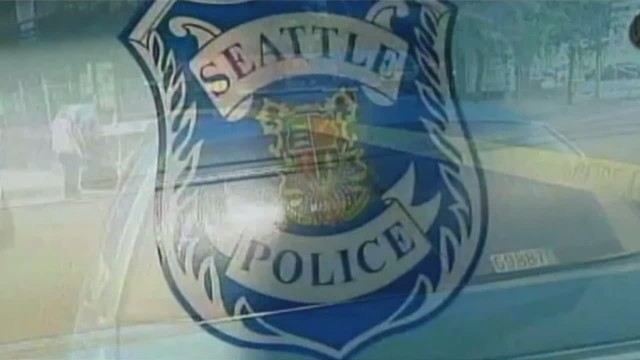 Weed is now legal in Washington state. You can buy and smoke it freely, assuming you’re old enough and don’t spark the joint up near schools or parks or generally use it in public. In this way, the laws regulating public alcohol use seem a good fit for public cannabis use. I have no complaints about being asked to keep public pot consumption within the confines of good taste.
Weed is now legal in Washington state. You can buy and smoke it freely, assuming you’re old enough and don’t spark the joint up near schools or parks or generally use it in public. In this way, the laws regulating public alcohol use seem a good fit for public cannabis use. I have no complaints about being asked to keep public pot consumption within the confines of good taste.
However, you can still be issued a citation/ticket if you are found using cannabis in one of the aforementioned “no-no” zones. That doesn’t mean the public or even law makers are behind the police on this one.
“City Hall has been in a state of uproar since the first set of arrest statistics was released after the legalization of marijuana. From Jan. 1 to June 30, officers wrote 82 tickets to people consuming marijuana in public, according to the Seattle Police Department report, which was published last week. The first analysis showed that 37% of all tickets were issued to African Americans, an ethnic group that makes up only 8% of Seattle’s population. Nearly 50% went to men and women who listed homeless shelters, transitional housing and even a vacant lot as their address. Needless to say, elected officials in this progressive outpost were appalled by the racial and socioeconomic disparity.”
Now 82 tickets in an entire city over the course of six months is really not a very high amount of infractions. What makes this story interesting is that, when digging further into the data, the police realized that a good 80% of those 82 tickets were written by one police officer.
“When reviewing data captured for this report, SPD staff discovered that … approximately 80% of marijuana tickets were issued by one officer,” O’Toole wrote on the department’s website Wednesday evening, saying that the officer’s actions have been reported to the Office of Professional Accountability and are under investigation. City officials will not name the officer, who has been reassigned and is off patrol duty during the investigation. But the Seattle Times, citing unnamed sources, identified him as Randy Jokela, who has been with the department since 1990.”
To make matters worse, this Jokela would write snarky comments on the tickets. In one case he referred to City Attorney, Peter Holmes as “Petey.” In other instances, Jokela commented that he would flip a coin to decide which issue to cite. Yet another note indicates that Jokela felt that the voter-enacted changes to state weed laws were “silly.”
In response, Peter Holmes (Petey, to Jokela) stated, “”This isn’t about fining people; it’s about getting people to stop smoking marijuana in public, especially in crowded areas and places where families and children congregate. At the same time, City Council wisely recognized that even civil infractions can be issued in a racially disproportionate manner, much like the War on Drugs itself. That is why we have a reporting requirement to receive early indicators of any disproportionate enforcement. [The City] will leave it to the police department to sort out the facts about the officer’s conduct. I support enforcing the law. I support warning people before ticketing them and only issuing a ticket if the warning doesn’t work, and I support spreading enforcement efforts equitably across the City.”
Top-down directives are a great place to start when changing cannabis laws. But there does need to be some measure of micro-enforcement that disseminates to the officers. We don’t fund police salaries so they can abuse their power and cast judgement on the citizens that they are sworn to “protect and serve.” I hold great respect for the police, in general. However, their job is to enforce the laws of the land, even if they don’t agree with them.









